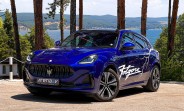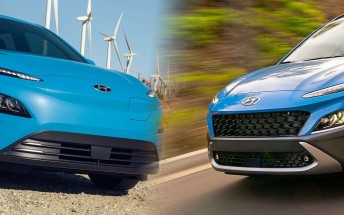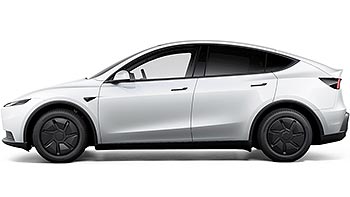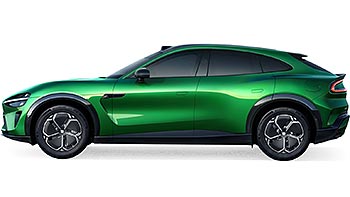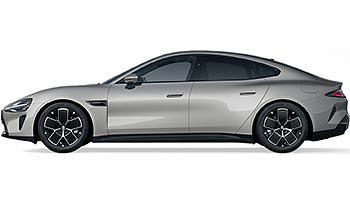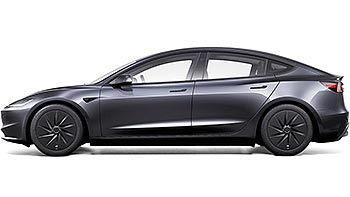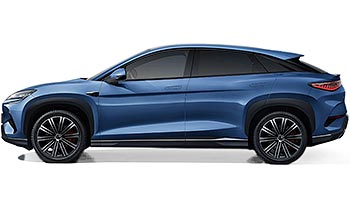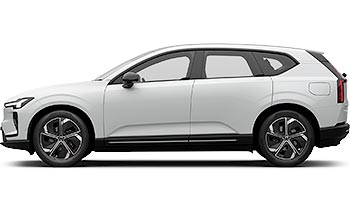Sunwoda joins the solid-state race with a 400 Wh/kg battery

The battle for the battery of the future has a new contender. Chinese manufacturer Sunwoda just announced its "Xin·Bixiao" battery, a polymer all-solid-state cell. This new battery steps into the ring with a key specification that makes the electric car industry sit up and take notice: an energy density of 400 Wh/kg.
The headline-grabbing 400 Wh/kg is a measure of how much power a battery can store for its weight. Today's common liquid lithium-ion batteries in many EVs lag behind this number. A battery with a higher energy density could allow engineers to build cars that travel much farther on a single charge.

The alternative is to build a car with the same range as today's models, but with a battery pack that is much lighter and smaller. Sunwoda also claims the battery is tough, lasting for 1,200 charge cycles. For someone with a small EV used mostly for city driving, it could mean as many as 20 years of trouble-free motoring. Do people still keep their cars for this long?
Of course, a flashy announcement is one thing; actually building the battery is another, but Sunwoda seems ready to put its money where its mouth is. The company stated it is on track to finish a 0.2 GWh pilot production line by the end of 2025. This is a small-scale factory, designed to prove that the "Xin·Bixiao" battery can be manufactured reliably. If this pilot line succeeds, it could lead to much larger factories.

A revolutionary battery is useless if it makes electric cars too expensive to buy, and Sunwoda is already tackling the cost problem. The company has a target to bring the cost of its polymer solid-state batteries down to just two Chinese Yuan — about $0.28 — per Wh by 2026. If they can hit this number, the new technology would cost about the same as current semi-solid batteries, making it a realistic choice for car manufacturers.
In the world of battery development, if you are not looking five years ahead, you are already behind. The 400 Wh/kg battery is the news today, but the company's labs are already testing lithium-metal batteries that hit 520 Wh/kg in testing. And the official company roadmap reveals Sunwoda has a goal to produce lab samples of batteries that exceed an incredible 700 Wh/kg by 2027. Naturally, these are just goals, and the battery industry is famous for its ambitious roadmaps that often feel written on paper napkins.

The competition is fierce, and rivals are making their own big promises. Just recently, automaker Chery revealed a battery module that claimed to use cells with a density of 600 Wh/kg. Chery paired this with the headline-grabbing claim that it could enable EVs to drive up to 808 miles on a single charge. But, like many of these "breakthroughs," there is a catch: Chery does not plan to even start testing these batteries in vehicles until 2027.
Sunwoda is an industrial giant, and in the first half of this year, the company's shipments of power batteries for electric cars jumped by over 93 percent, reaching 16.08 GWh. The company also builds "soft solid-state" batteries for aviation, massive energy storage systems for power grids, and even a "Flash-Charge" battery that claims to add 93 miles of driving range in just one minute.
Related
Reader comments
- Sisi
One charge every week gives 50/year, plus a bit extra gives 60/year. 1200 charges/60 = 20 years. How is this article typo?
- 02 Nov 2025
- dSV
- Anonymous
"it could mean as many as 20 years of trouble-free motoring. " Definitely a typo.
- 29 Oct 2025
- 35Z
1200 cycles is terrible Is that a typo.. that's smartphone level cycle for regular lithium
- 25 Oct 2025
- ri0





